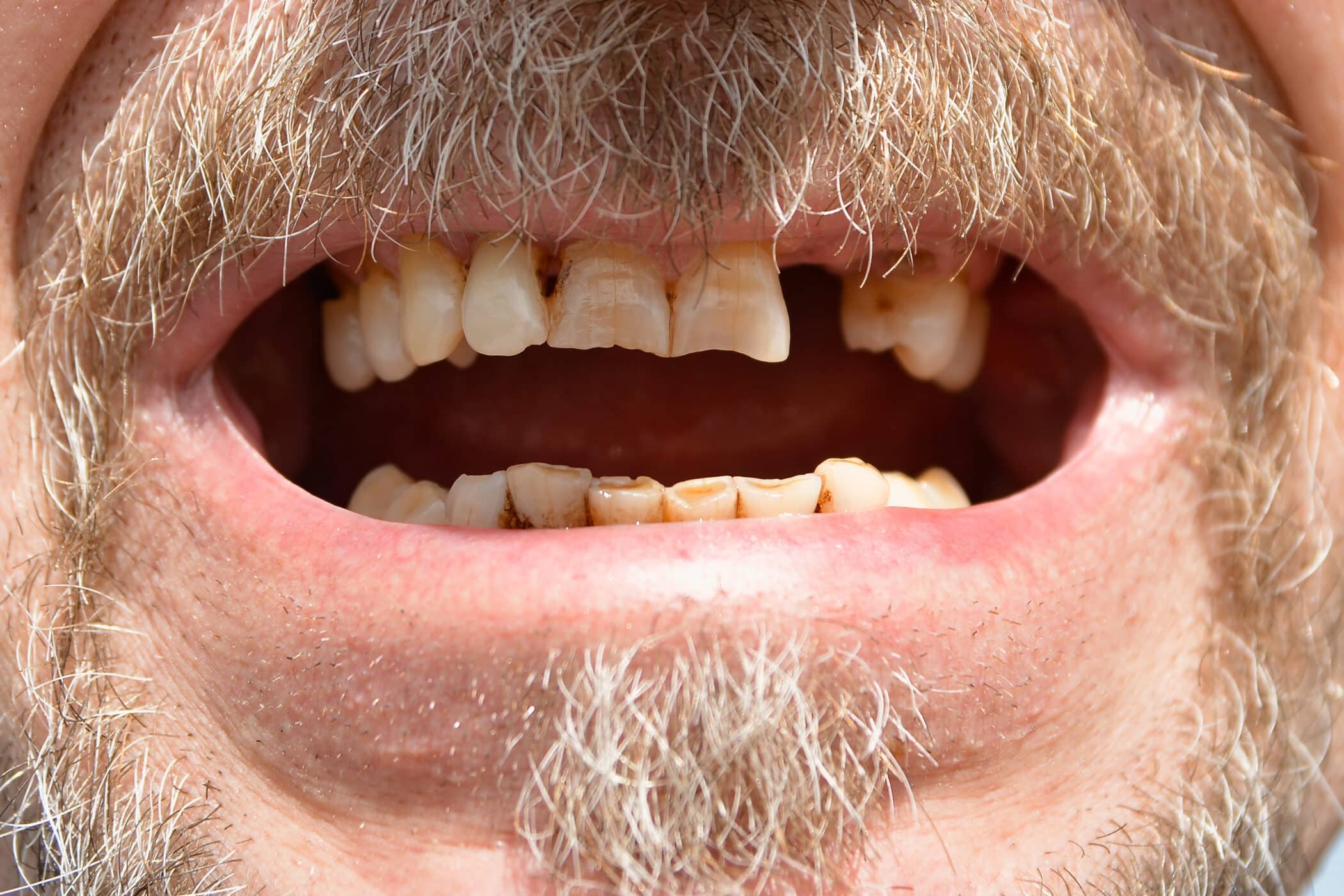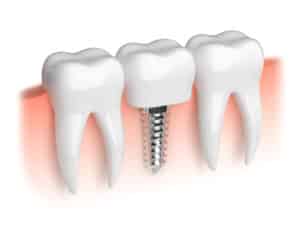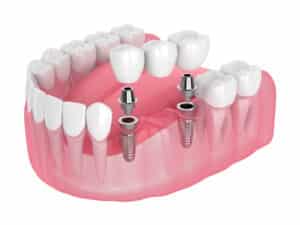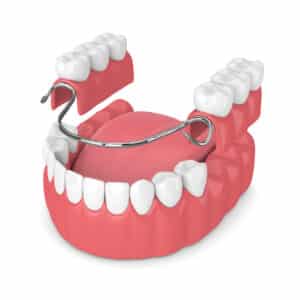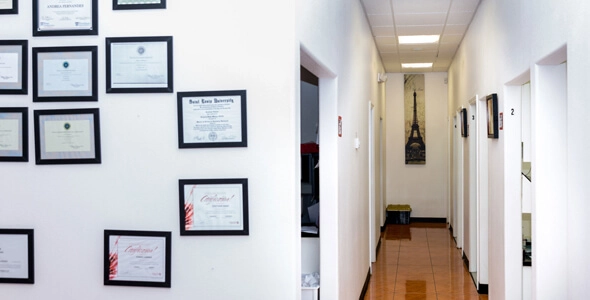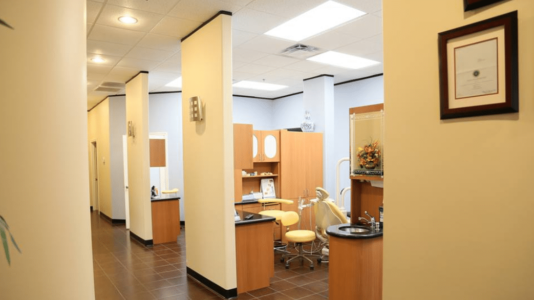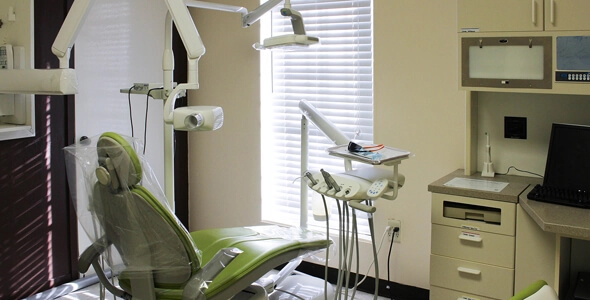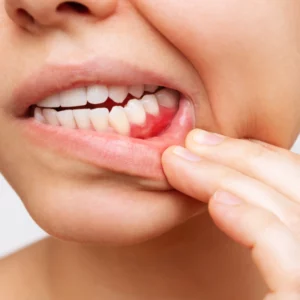Top Reasons for Teeth Falling Out
Your permanent teeth should last a lifetime. Unfortunately, this isn’t always the case. In fact, millions of American adults are missing at least one tooth and many of those are missing all of their teeth. There are several things that lead to tooth loss, including:
- Gum disease
- Tooth decay
- Oral trauma
- Lifestyle factors (smoking, using teeth as tools, etc)
- Chronic illness (osteoporosis, etc)
If you lose a tooth, it may be possible to save it- if you can get to the dentist within 30 minutes. However, in some cases, the tooth cannot be saved, and you must consider tooth replacement options.
Teeth Falling Out: What Can You Do?
Even if you are vigilant with your oral care habits, tooth loss may still occur. However, when you lose a tooth, don’t panic. In some cases, the tooth may be salvageable through re-implantation- but you must get to the dentist within 30 minutes of the tooth coming out.
Here’s what you need to do if a tooth falls out.
- First of all, find the tooth and pick it up by the crown. Never touch the tooth roots. If you touch the tooth roots, it could introduce bacteria which can cause issues in the future.
- Next, rinse the tooth with cool running water
- It is very important to keep the tooth moist. If possible, insert it back into the socket. If not, place the tooth between the gum and the cheek. For very young children or for those who are unable to do this, place the tooth in a sealed container with a small amount of milk.
- Call your dentist and inform them of the situation. If the dentist is closed, call the emergency line. They will get you in for an emergency appointment as soon as possible.
What Happens if You are Unable to Fix or Re-implant Your Tooth?
Unfortunately, it is not always possible to fix or re-implant a tooth that has fallen out. In these situations, you’ll need to consider tooth replacement options to prevent additional oral health concerns. Some of the most popular options include:
Dental Implants
According to the American Dental Association, dental implants are the best option for tooth replacement. Dental implants are inserted into the jawbone, creating a stable base for an artificial tooth. If multiple teeth are missing, 2 or more implants can be used to support up to an entire arch of missing teeth. Dental implants look, feel, and function more like natural teeth- so there are no special considerations required for care and maintenance.
Dental Bridge
A dental bridge is a fixed option for replacing several missing teeth in a row. There are several different types of dental bridges, depending on the location of the missing tooth/teeth. Dental bridges may be secured to the adjacent natural teeth or to dental implants placed on each side of the gap.
Partial Denture
A partial denture is designed to replace several missing teeth in a row. It sits on top of the gum and is typically removable. However, it can be secured to the jawbone with dental implants. Removable dentures will need to be relined or replaced every few years because they wear out much quicker than fixed options.
Tips for Preventing Tooth Loss
There are several things that you can do to reduce your risk of tooth loss, including:
- Brushing twice daily: You should brush your teeth at least twice daily to remove food debris, plaque, and bacteria. This will help to reduce your risk of tartar buildup and gum disease, which are both contributing factors to tooth loss.
- Floss at least once daily: When you brush your teeth before bed, it’s important to also floss. This will help get the food debris, plaque, and bacteria from between your teeth. The most effective option is a water flosser.
- Use mouthwash: The best way to eliminate bacteria is to swish with an alcohol-free, antibacterial mouthwash.
- Don’t forget to brush your tongue and cheeks: Most people don’t give much thought to the other areas of their mouth, such as their tongue and inner cheeks- but these are important as well. Take the time to brush them well to help eliminate bacteria and plaque.
- Eat a balanced diet: A balanced diet that includes adequate nutrients is critical for the prevention of tooth decay and gum disease. Minerals such as phosphorous and calcium protect and rebuild tooth enamel.
- Stop/Limit smoking: Cigarettes and other tobacco products increase your risk of oral health issues including gum disease and oral cancer. By quitting or limiting smoking, you can reduce your risk of these issues.
- Visit your dentists: According to the American Dental Association, it’s best to visit your dentist every 6 months for an exam and cleaning. This will help detect issues before they escalate to the point of losing the tooth.
Frequently Asked Questions about Tooth Loss
If you have any questions or concerns about tooth loss, consult with your dentist. They have the experience and expertise to help keep your mouth healthy and avoid tooth loss.
What age do adults lose teeth?
Tooth loss can happen at any age- but is most common in the 65+ population. This is because there are many health conditions associated with aging that can cause or contribute to tooth loss.
Can stress cause teeth to fall out?
Yes, stress can cause your teeth to fall out primarily because it increases your risk of bruxism, or clenching/grinding. This pressure can cause teeth to crack and break, and ultimately fall out.



